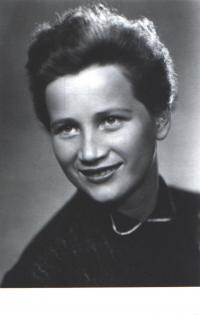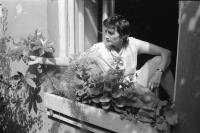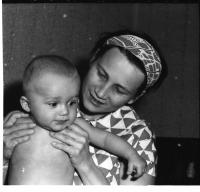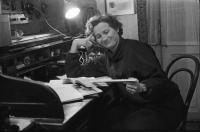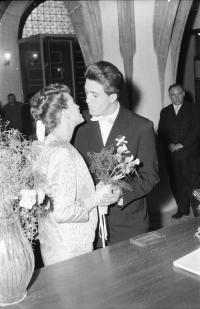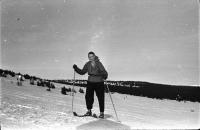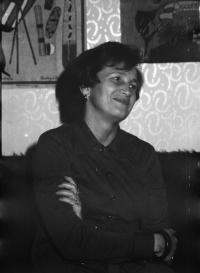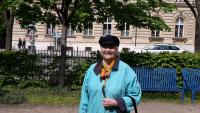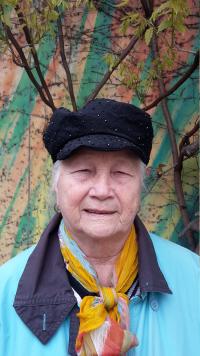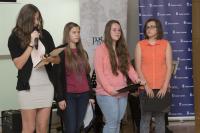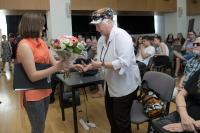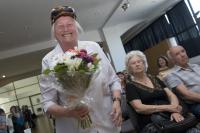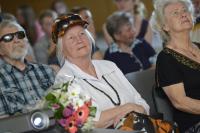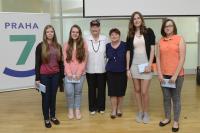I live to the extent to which I am of benefit to others

Stáhnout obrázek
Libuše Šedinová, née Skácelová, was born on 1 May 1936 in Vyškov. When she was eight, she was kidnapped by a seventeen-year-old girl, who took her to Brno. The police managed to find her after some time. She attended a secondary technical school. Her fiancé of the 1950s was arrested and sentenced to seven years in a show trial. She visited him for a long time, but in the end they split up. She married and had a son. She has worked in technical professions her whole life. As a pensioner she completed a „university of the third age“ course, she attends lectures, she does research in archives, she sews dolls for UNICEF and owls for the Wise Owl association.
